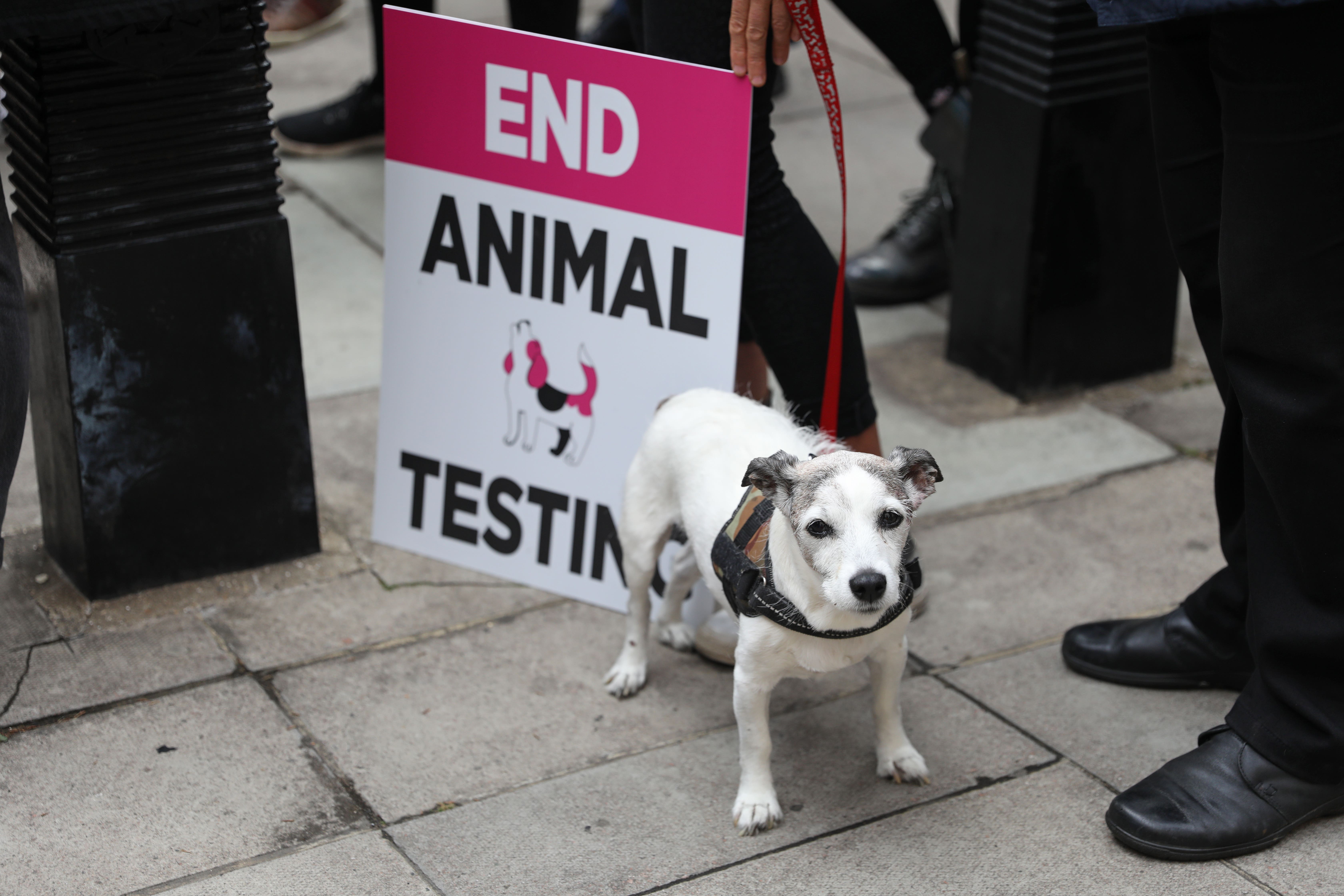Animal lovers unaware of harm that lifestyle choices can cause, says RSPCA
While almost seven in 10 (69%) Britons describe themselves as ‘animal lovers’, suffering is regarded as normal, the charity said.

Your support helps us to tell the story
From reproductive rights to climate change to Big Tech, The Independent is on the ground when the story is developing. Whether it's investigating the financials of Elon Musk's pro-Trump PAC or producing our latest documentary, 'The A Word', which shines a light on the American women fighting for reproductive rights, we know how important it is to parse out the facts from the messaging.
At such a critical moment in US history, we need reporters on the ground. Your donation allows us to keep sending journalists to speak to both sides of the story.
The Independent is trusted by Americans across the entire political spectrum. And unlike many other quality news outlets, we choose not to lock Americans out of our reporting and analysis with paywalls. We believe quality journalism should be available to everyone, paid for by those who can afford it.
Your support makes all the difference.Animal suffering has become so normalised that many people are unaware of the harm their lifestyle choices are causing them, the RSPCA’s new Animal Kindness Index has found.
The charity said that while almost seven in 10 (69%) Britons describe themselves as “animal lovers”, animal suffering is regarded as normal “on farms, in labs and in entertainment”.
A “lack of awareness and transparency” is to blame, the charity said, with people “often inadvertently fuelling, funding and furthering poor practices towards animals because they don’t understand the harms these cause”.
Indeed, 83% of those surveyed said that animal welfare should be protected by the Government through legislation, while 43% said animals should never be used in a way that causes harm.
However, more than five million animals continue to be used in scientific research in the UK every year.
Harmful dog breeding practices were the most important animal welfare issue for people, with 84% of respondents saying that breeding animals with genetic health problems is unacceptable.
Yet the registered number of French bulldogs – whose flat-faced features cause breathing problems – has soared from 2,771 in 2011 to more than 54,000 in 2021.
Similarly, while 72% of respondents said they believe chickens are sentient, 90% of chickens consumed in the UK each year are fast-growing breeds that often face health and welfare issues.
The survey also revealed that the cost-of-living crisis has led to a decline in animal welfare, with the issue becoming less of a priority for many. One in four pet owners questioned for the survey said their pet had suffered due to the cost-of-living crisis.
Emma Slawinski, RSPCA director of policy, advocacy and public affairs, said: “Our new Animal Kindness Index shows that people care deeply about animals and want to do their best for them, but there is a gap between this and the reality of society’s impact on animals.
“People struggle to do their best for animals because government policy and industry practices are obscuring the everyday suffering of animals on farms, in research and in entertainment.
“We all need to take more responsibility for informing ourselves about the way in which our choices impact animals.”